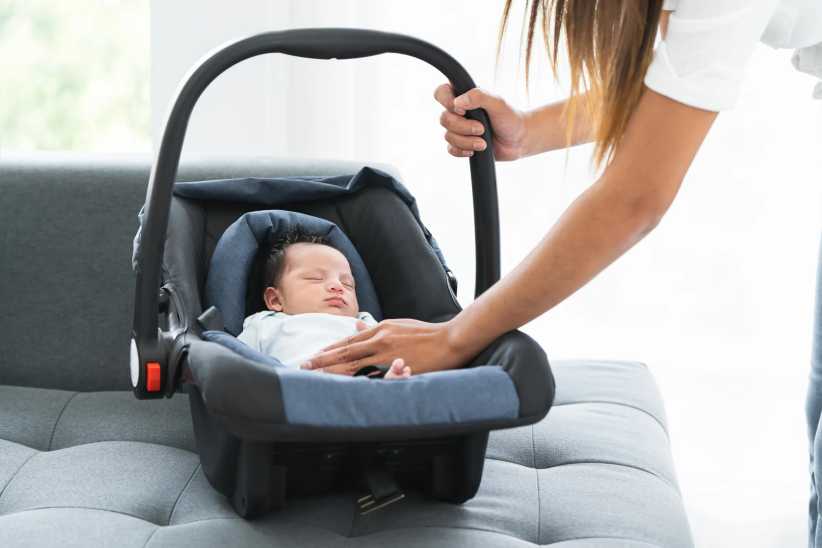 A few weeks ago, a student quietly pulled me aside after class to talk to me about my recommendation for papaya enzymes to help relieve her heartburn. She said that she asked her doctor about it and her doctor said it was fine. However, after researching online, she came across some information that suggested unripe papaya can stimulate the production of prostaglandin and oxytocin. Synthetic forms of these hormones are utilized in labor induction. The student was concerned that she would prematurely induce labor with the papaya enzymes. I explained that if she’s is not comfortable with taking the enzymes, she should discontinue using them. I also mentioned that I believe over the counter enzymes are from ripe papaya, which is not believed to have adverse affects on pregnancy. Jokingly, she said she’ll save her bottle of papaya enzymes in case she has to induce labor (if it were only that easy)!
A few weeks ago, a student quietly pulled me aside after class to talk to me about my recommendation for papaya enzymes to help relieve her heartburn. She said that she asked her doctor about it and her doctor said it was fine. However, after researching online, she came across some information that suggested unripe papaya can stimulate the production of prostaglandin and oxytocin. Synthetic forms of these hormones are utilized in labor induction. The student was concerned that she would prematurely induce labor with the papaya enzymes. I explained that if she’s is not comfortable with taking the enzymes, she should discontinue using them. I also mentioned that I believe over the counter enzymes are from ripe papaya, which is not believed to have adverse affects on pregnancy. Jokingly, she said she’ll save her bottle of papaya enzymes in case she has to induce labor (if it were only that easy)!
Since the mood was relaxed and the student and I were joking about her stash of papaya enzymes for labor induction, I asked her how she felt if she needed to use pitocin during labor. She said she would rather avoid it, but if her doctor thought it was medically necessary, she would not argue. I later took this question to one of my evening prenatal yoga classes. The response was similar. If their care provider recommended it, then they would not question it or cause a fuss. I also asked how many women were drinking coffee during pregnancy, about 1/2 the class raised their hands. Drinking any alcohol? Many said “a few sips here and there.” Sushi anyone? Many nods with the explanation of it being from reputable places and one student commented that women in Japan likely ate sushi on a regular basis. I asked those who had abstained from coffee, sushi, wine, etc, why they chose to do so. The moms-to-be expressed they did not feel it was worth the risk to have coffee, wine, sushi, etc.
This conversation was enlightening. When weighing the risks versus benefits of coffee, sushi, wine, or even hair-dye, most students thought the risks outweighed the benefit. Was a piece of sushi really worth it? But, when weighing the risks versus the benefits of pitocin, most felt that pitocin was acceptable if their care provider saw it necessary, and would not question this decision.
One of the biggest concerns I have exists within the above conversation. We have a more casual attitude surrounding labor inductions and interventions that we do regarding our eating and hair dying habits. According to the Listening to Mothers II survey, half of all labors in the US are induced or augmented with Pitocin or other synthetic form of the hormone oxytocin Many women do not know the risks, possible side effects and warnings involved in the use of pitocin during labor. If they did, would it be so accepted? I have no blame for those who unquestionably choose this path or 100 percent trust their care provider. However, I do wonder if all the information is being fully explained. If it was routinely debriefed, would the use of this popular labor intervention be reduced.
Debra Flashenberg is the founder of the Prenatal Yoga Center. She is a certified doula, Lamaze coach, midwife, and certified vinyasa yoga instructor. She is continuously in awe of the beauty and brilliance of birth and is the proud mother of baby boy Shay. Visit prenatalyogacenter.com for more info!













